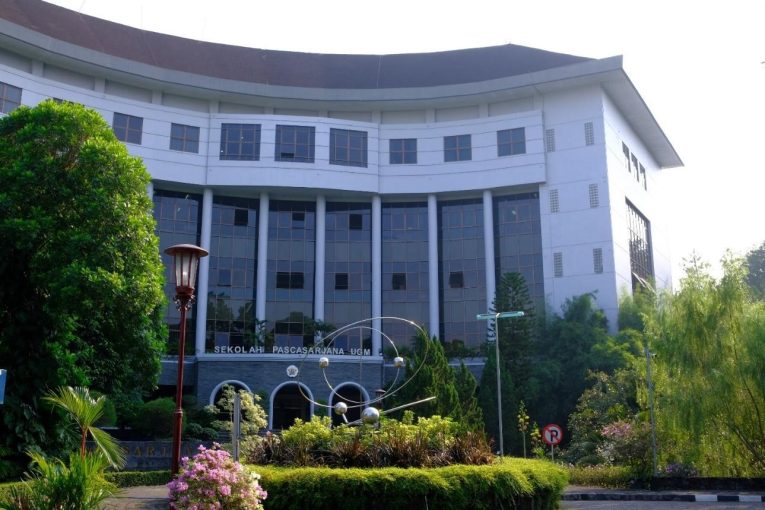
On Wednesday, August 21st 2024, students from the Islamic Economics and Halal Industry Doctoral Program, along with students from the Islamic Economics master Program at the Graduate School of Gadjah Mada University (UGM), collaborated with the Accounting Master Program at the Faculty of Islamic Economics and Business at UGM to hold a Guest Lecture titled “Shariah Audit and Shariah Governance in Malaysia” at the Auditorium of the Master’s Program in Accounting, FEB UGM.
The guest lecture aimed to provide insights into the implementation of shariah audit and governance in Malaysia. The speaker, Prof. Noraini Mohd Ariffin from the Accounting Department at the International Islamic University of Malaysia (IIUM) and a member of the Shariah Committee at United Overseas Bank Malaysia, shared that Bank Negara Malaysia (BNM) has begun implementing an updated governance policy for shariah financial institutions in Malaysia.
This policy, which took effect on April 1st 2020, introduced a limit on the term of members of the Shariah Advisory Council (SAC) to nine years. Other significant changes, including new provisions in paragraph 12.5, became effective on April 1st 2023, to allow for an adjustment period for related institutions.
The policy aims to strengthen shariah governance by integrating it into the business strategy and risk management of shariah financial institutions, ensuring clear accountability for the Board, Shariah Committee, and other oversight functions. Additionally, it encourages a strong culture of shariah compliance through effective training, supervision, and reporting. Shariah financial institutions are expected to enhance their shariah governance, increase public trust, and ensure compliance with the underlying shariah principles governing their operations on this policy.
Shariah governance is also expected to ensure that the operations and structure of shariah financial institutions adhere to shariah rules, distinguishing them from conventional financial institutions. Shariah institutions must effectively manage the risk of non-compliance with shariah, employing an integrated approach within their overall risk management.
The shariah control functions include shariah review, which involves routine assessments of compliance with shariah principles in the operations of shariah financial institutions; shariah risk management, which involves identifying, measuring, monitoring, and reporting non-compliance risks; and shariah audit, which provides independent assessments of the quality and effectiveness of internal control systems and risk management to ensure all activities comply with shariah principles.
Prof. Noraini also highlighted several challenges faced by shariah audits, such as the lack of auditors with specialized expertise in shariah audits, particularly regarding the educational background and qualifications needed, which should include a foundational understanding of accounting or a solid grounding in shariah principles. Another challenge is the need for the development of a more comprehensive and risk-based audit methodology (Risk-Based Internal Audit – RBIA), which helps shariah financial institutions focus on areas with high non-compliance risks requiring closer supervision. This approach also ensures that audits are more relevant to risks that could significantly impact shariah compliance. Additionally, there is a difference in focus between internal audits, which emphasize operational controls, and external audits, which focus more on regulatory compliance.
During the discussion session, various relevant topics related to shariah audit and governance in shariah financial institutions were addressed, including the imposition of sanctions on entities that do not implement shariah governance in Malaysia, and whether the adoption of Artificial Intelligence (AI) is necessary in the shariah audit process.
The event, moderated by Dewi Fatmawati S.E., M.Ec., Ph.D., a lecturer in the Doctoral Program in Islamic Economics and Halal Industry, concluded with closing statements and a group photo with the speaker, moderator, and guest lecture participants.
This activity aligns with the dissemination of SDGs Number 4 on Quality Education and Number 17 on Partnerships for the Goals.
Author: Nurfitri Harkunti Kemala Hayati
Editor: Arni Wistriatun
